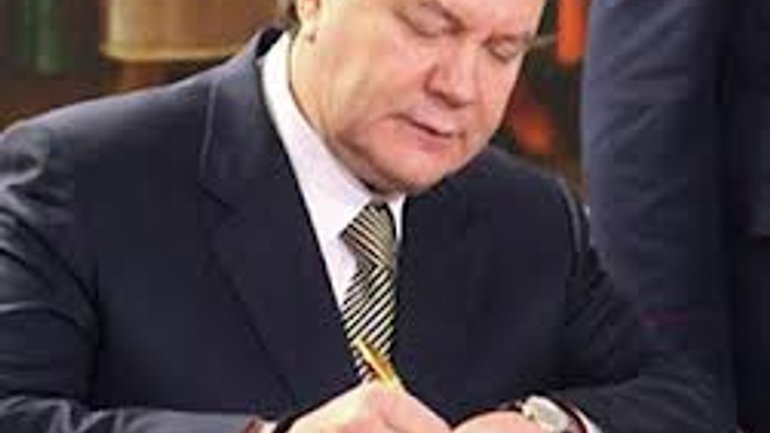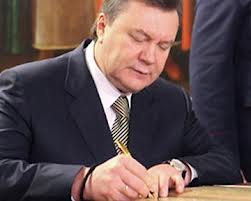President Signs Controversial Alterations to Religious Law Despite Calls of Heads of Churches

Ukraine’s President Viktor Yanukovych signed Bill 10221 which, in particular, introduces controversial alterations to the Law of Ukraine on Freedom of Conscience and Religious Organizations despite the calls of the All-Ukrainian Council of Churches and Religious Organizations (AUCCRO), human rights campaigners and public figures not to sign it, the Institute for Religious Freedom (IRF) reported with reference to a report published on the website of the Supreme Council on December 6. The decision of the president is dated to November 21 even though the bill was submitted to the president for his signature more than 30 days ago and was passed 50 days ago.
According to IRF, the main danger of the alterations to the law is that it is impossible to interpret them unambiguously.
AS RISU reported earlier, t he passed law considerably complicates the procedure of assumption by religious organizations of the status of a legal person as it introduces two unmatched registration procedures - that of statutory documents and state registration (entering in the unified register of legal persons).
he passed law considerably complicates the procedure of assumption by religious organizations of the status of a legal person as it introduces two unmatched registration procedures - that of statutory documents and state registration (entering in the unified register of legal persons).
Bill 10221 also complicates the procedure of obtaining by foreign religious ministers permissions to stay in Ukraine required for issuance of visas. Religious organizations are now to apply for such permissions in the Ministry of Culture in Kyiv which is in contradiction to Article 24 of the Law of Ukraine “On Freedom of Conscience and Religious Organizations.”
In addition, the bill allows the authorities to exercise control over observance of the laws on freedom of worship and confession like in the Soviet times.
The heads of denominations earlier stated in their letter: “We view the development by the Ministry of Justice and adoption by the Supreme Council of Bill 10221 as steps to destabilize the religious situation in the society, lower the level of freedom of religion in Ukraine, putting significant obstacles in the way of spiritual and social ministries of the churches and religious organizations.”
According to the hierarchs, the veto was necessary because by this decision the parliamentary majority completely ignored the position of the religious community and the agreements reached between the Council of Churches and the author of the bill, Permanent Representative of the President Yurii Miroshnychenko, and the Ministry of Justice of Ukraine.
The religious leaders then reminded the president of the promise given at the first meeting with members of the AUCCRO on April 21, 2011, that no alterations would be made to the laws on the freedom of worship without support thereof by the denominations. However, the bill was passed without discussion or consideration of any amendments proposed for the second reading.









